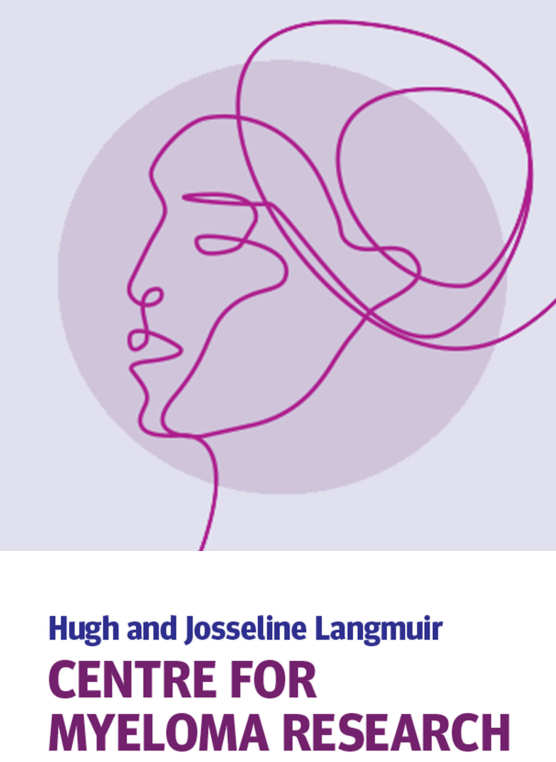Areas of research
Regulatory genomics of multiple myeloma
Primary and secondary genetic events underpin the transcriptional changes that drive myeloma oncogenic transcriptional programmes. These are executed by deregulated transcription factors and chromatin binding proteins. Our aim is to understand the role of known and novel transcription factors/chromatin modifiers in the biology of multiple myeloma and discover and validate therapeutic targets.
Our experimental tools include -omics assays (ChIP-seq, ATAC-seq, RNA-seq, Capture-C), chromatin proteomics, gene editing approaches including CRISPRi and relevant in vitro and in vivo models of multiple myeloma.
Immunotherapy of multiple myeloma
The Karadimitris group have been studying the biology and therapeutic potential of invariant NKT cells (iNKT) in acute graft-versus-host disease (aGVHD) and blood cancers. They showed that donor iNKT cells protect recipients of allogeneic stem cell transplant from aGVHD and iNKT cell equipped with chimaeric antigen receptor against CD19 (CAR19-iNKT) outperform CAR19-T cells in pre-clinical models of B cell lymphoma. Following this lead, the group is now developing CAR-iNKT cell-based immunotherapy against MM that includes development and validation of CAR against established and novel targets.
Our experimental tools include short- and long term in vitro assays (including longitudinal Incucyte live-cell imaging) and xenograft animal models of blood cancers and myeloma.
In parallel to pre-clinical studies, the group are pursuing clinical development of the CAR-iNKT cell platform for blood cancers.
